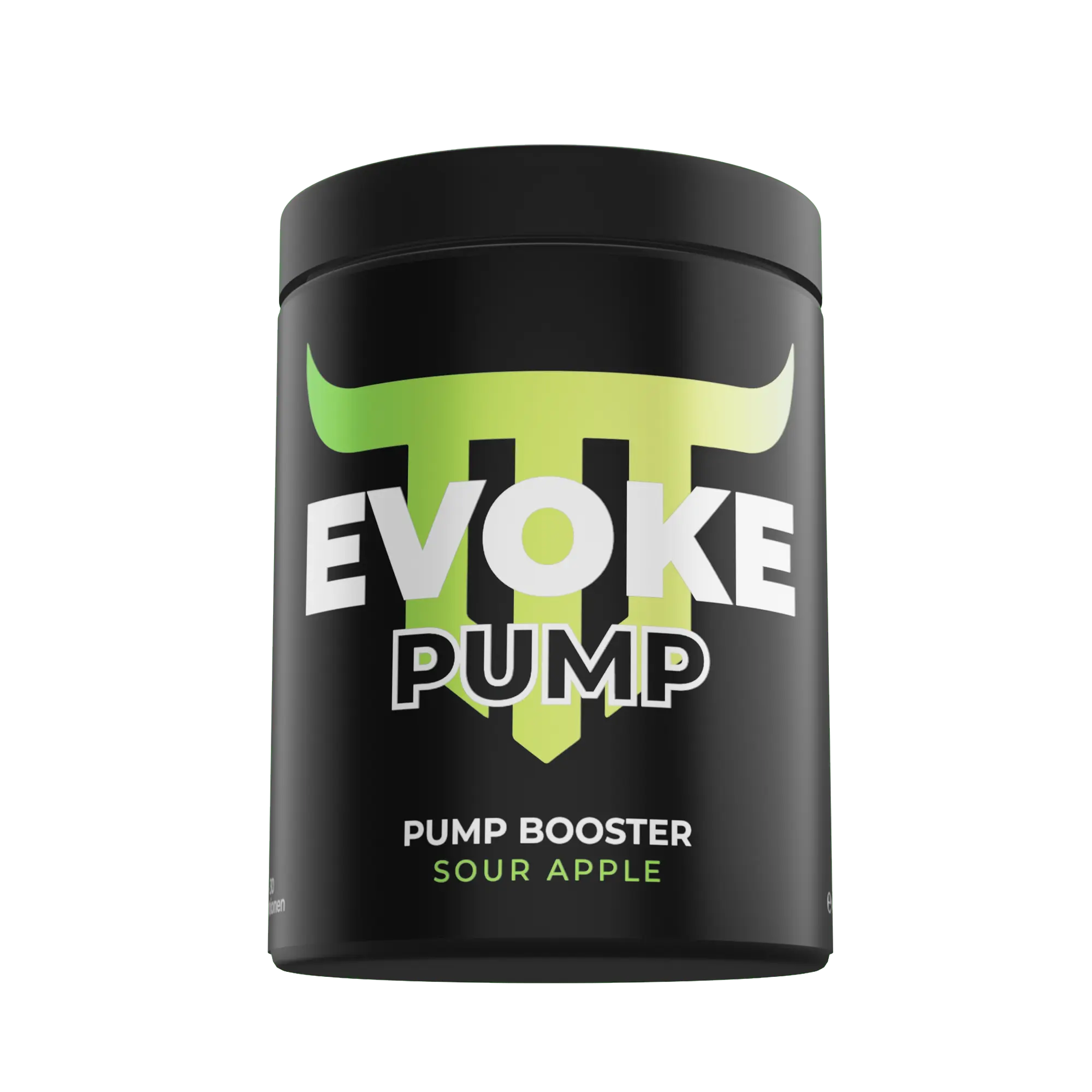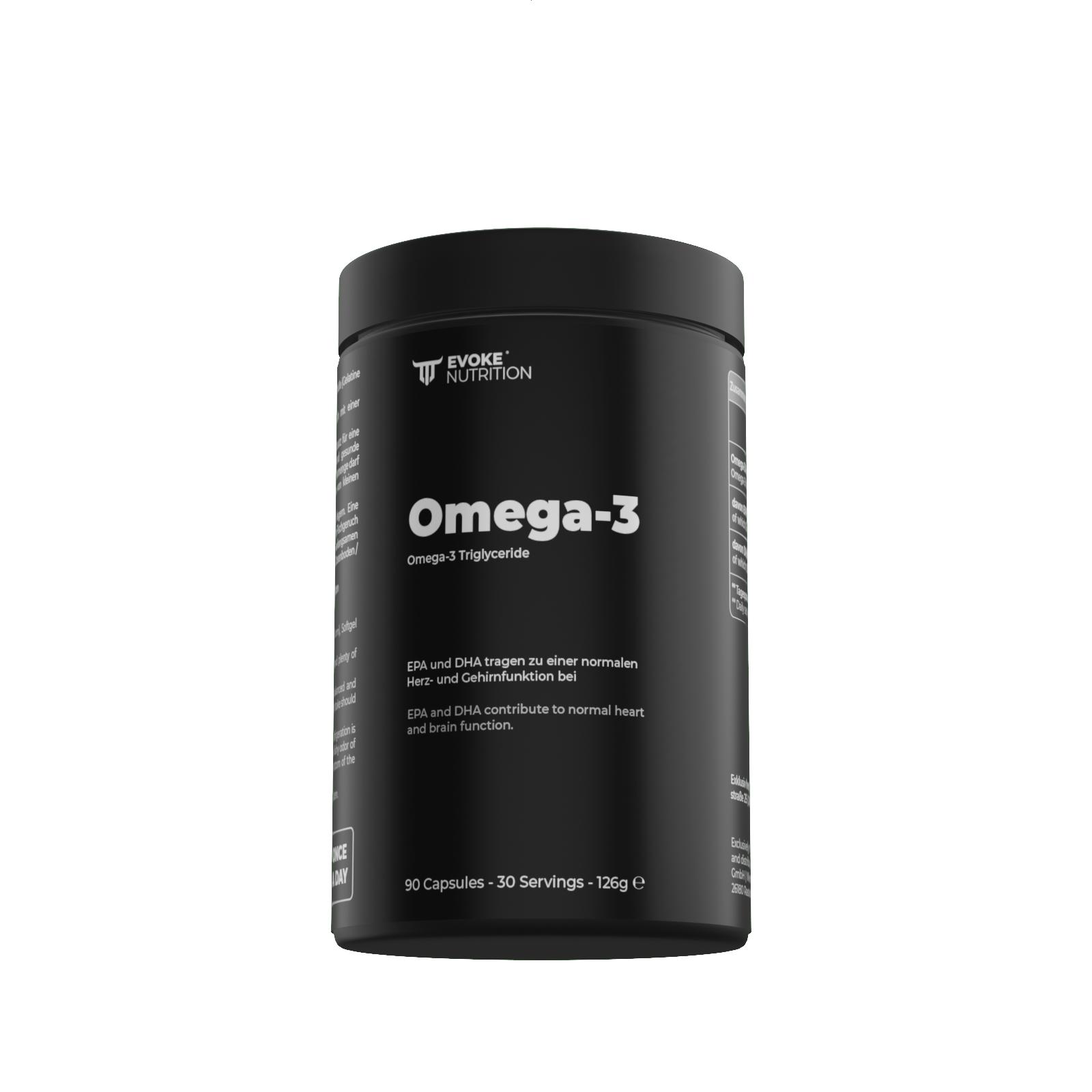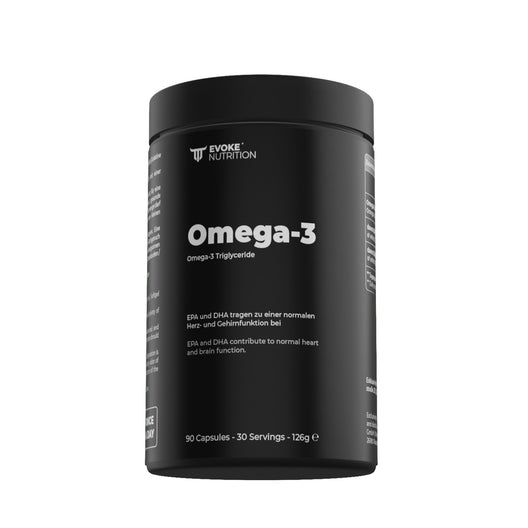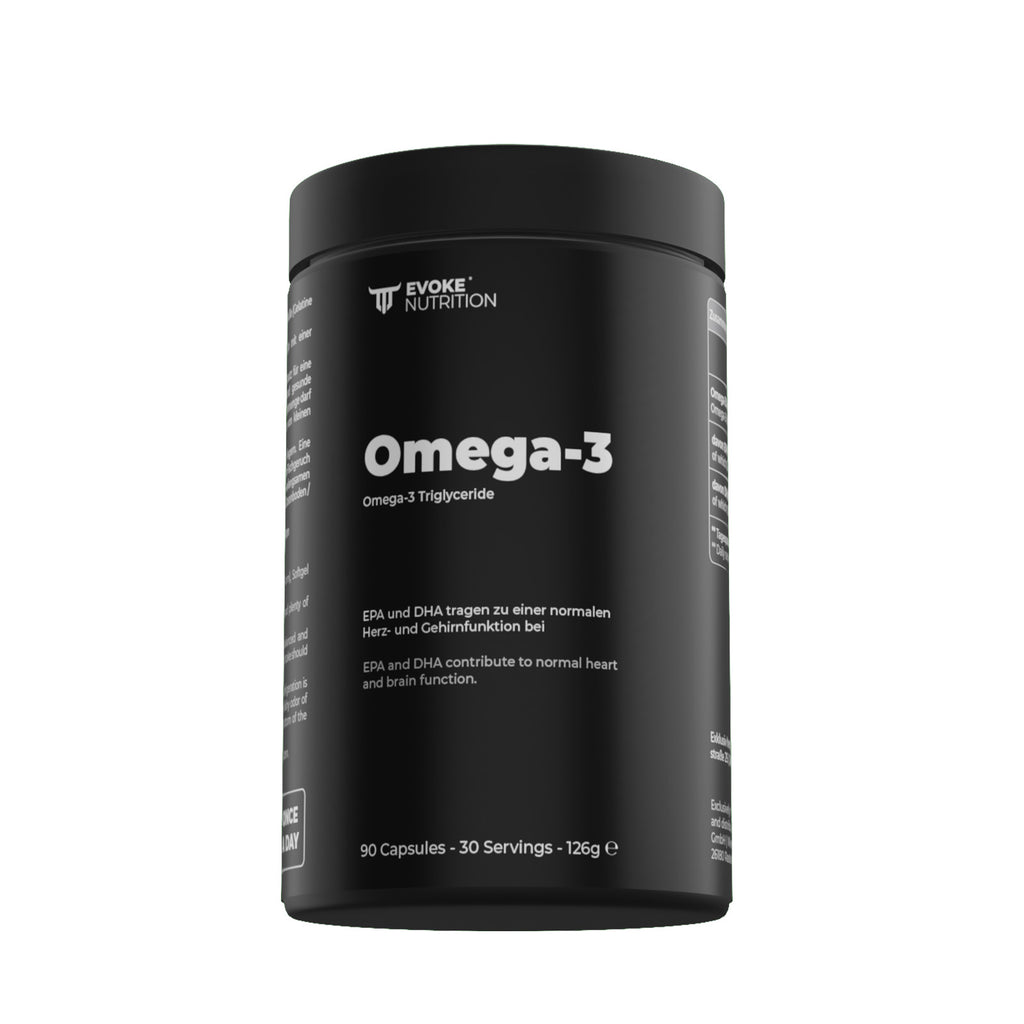Wie viel Omega-3 am Tag? - Tagesbedarf und mehr

Alles was du zu Omega-3 Fettsäuren wissen musst
Was ist EPA und DHA?
Wie viel Omega-3 am Tag?
Wie viel Omega-3 am Tag für Erwachsene?
Tagesbedarf Kinder und Jugendliche
Wie viel Omega-3 am Tag für Schwangere?
Wie viel EPA und DHA am Tag?
Omega-3-Index-Bluttest
Kann man den Omega-3 Tagesbedarf mit der Ernährung decken?
Omega-3-Index-Bluttest
Omega-3 als Nahrungsergänzungsmittel
Vegane & vegetarische Omega-3-Varianten
Kann man Omega-3 überdosieren?
Fazit
Quellen
1
DHA trägt zur Erhaltung einer normalen Gehirnfunktion und zur normalen Sehkraft bei.
2
EPA und DHA tragen zu einer normalen Herzfunktion bei.
3
Skulas-Ray, Ann C et al. “Omega-3 Fatty Acids for the Management of Hypertriglyceridemia: A Science Advisory From the American Heart Association.” Circulation vol. 140,12 (2019): e673-e691. , https://pubmed.ncbi.nlm.nih.gov/31422671/.
4
Flock, Michael R et al. “Determinants of erythrocyte omega-3 fatty acid content in response to fish oil supplementation: a dose-response randomized controlled trial.” Journal of the American Heart Association vol. 2,6 e000513. 19 Nov. 2013, https://pubmed.ncbi.nlm.nih.gov/24252845/.
5
Superko, H Robert et al. “Omega-3 fatty acid blood levels: clinical significance and controversy.” Circulation vol. 128,19 (2013): 2154-61. https://pubmed.ncbi.nlm.nih.gov/24190935/.
6
Mohebi-Nejad, Azin, and Behnood Bikdeli. “Omega-3 supplements and cardiovascular diseases.” Tanaffos vol. 13,1 (2014): 6-14, https://pmc.ncbi.nlm.nih.gov/articles/PMC4153275/.
7
Swanson, Danielle et al. “Omega-3 fatty acids EPA and DHA: health benefits throughout life.” Advances in nutrition (Bethesda, Md.) vol. 3,1 (2012): 1-7, https://pmc.ncbi.nlm.nih.gov/articles/PMC3262608/.
8
Ella J. Baker, et al. ”Metabolism and functional effects of plant-derived omega-3 fatty acids in humans”, Progress in Lipid Research, Volume 64, 2016, https://www.sciencedirect.com/science/article/abs/pii/S0163782716300303?via%3Dihub.
9
Siscovick, David S et al. “Omega-3 Polyunsaturated Fatty Acid (Fish Oil) Supplementation and the Prevention of Clinical Cardiovascular Disease: A Science Advisory From the American Heart Association.” Circulation vol. 135,15 (2017), https://pmc.ncbi.nlm.nih.gov/articles/PMC6903779/.
10
Harris, William S. “The omega-3 index as a risk factor for coronary heart disease.” The American journal of clinical nutrition vol. 87,6 (2008): 1997S-2002S. https://pubmed.ncbi.nlm.nih.gov/18541601/.
11
Cameron-Smith, David et al. “Fishing for answers: is oxidation of fish oil supplements a problem?.” Journal of nutritional science vol. 4 e36. 23 Nov. 2015, https://pmc.ncbi.nlm.nih.gov/articles/PMC4681158/.
12
Albert, Benjamin B et al. “Oxidation of marine omega-3 supplements and human health.” BioMed research international vol. 2013 (2013): https://pmc.ncbi.nlm.nih.gov/articles/PMC3657456/.
13
Jackowski, Stefan A et al. “Oxidation levels of North American over-the-counter n-3 (omega-3) supplements and the influence of supplement formulation and delivery form on evaluating oxidative safety.” Journal of nutritional science vol. 4 e30. 4 Nov. 2015, https://pmc.ncbi.nlm.nih.gov/articles/PMC4678768/.
14
McNamara, Robert K et al. “Docosahexaenoic acid supplementation increases prefrontal cortex activation during sustained attention in healthy boys: a placebo-controlled, dose-ranging, functional magnetic resonance imaging study.” The American journal of clinical nutrition vol. 91,4 (2010): https://pubmed.ncbi.nlm.nih.gov/20130094/.
15
Middleton, Philippa et al. “Omega-3 fatty acid addition during pregnancy.” The Cochrane database of systematic reviews vol. 11,11 CD003402. 15 Nov. 2018, https://pmc.ncbi.nlm.nih.gov/articles/PMC6516961/.
16
Coletta, Jaclyn M et al. “Omega-3 Fatty acids and pregnancy.” Reviews in obstetrics & gynecology vol. 3,4 (2010): 163-71. https://pmc.ncbi.nlm.nih.gov/articles/PMC3046737/.
17
Yan, J., Liu, M., Yang, D. et al. Efficacy and Safety of Omega-3 Fatty Acids in the Prevention of Cardiovascular Disease: A Systematic Review and Meta-analysis. Cardiovasc Drugs Ther 38, 799–817 (2024). https://link.springer.com/article/10.1007/s10557-022-07379-z.
18
Scientific Opinion on the Tolerable Upper Intake Level of eicosapentaenoic acid (EPA), docosahexaenoic acid (DHA) and docosapentaenoic acid (DPA) https://www.efsa.europa.eu/en/efsajournal/pub/2815.
19
Hu, Yang et al. “Marine Omega-3 Supplementation and Cardiovascular Disease: An Updated Meta-Analysis of 13 Randomized Controlled Trials Involving 127 477 Participants.” Journal of the American Heart Association vol. 8,19 (2019): https://pmc.ncbi.nlm.nih.gov/articles/PMC6806028/.
20
von Schacky, Clemens. “Importance of EPA and DHA Blood Levels in Brain Structure and Function.” Nutrients vol. 13,4 1074. 25 Mar. 2021, doi:10.3390/nu13041074 https://pmc.ncbi.nlm.nih.gov/articles/PMC8066148/.







